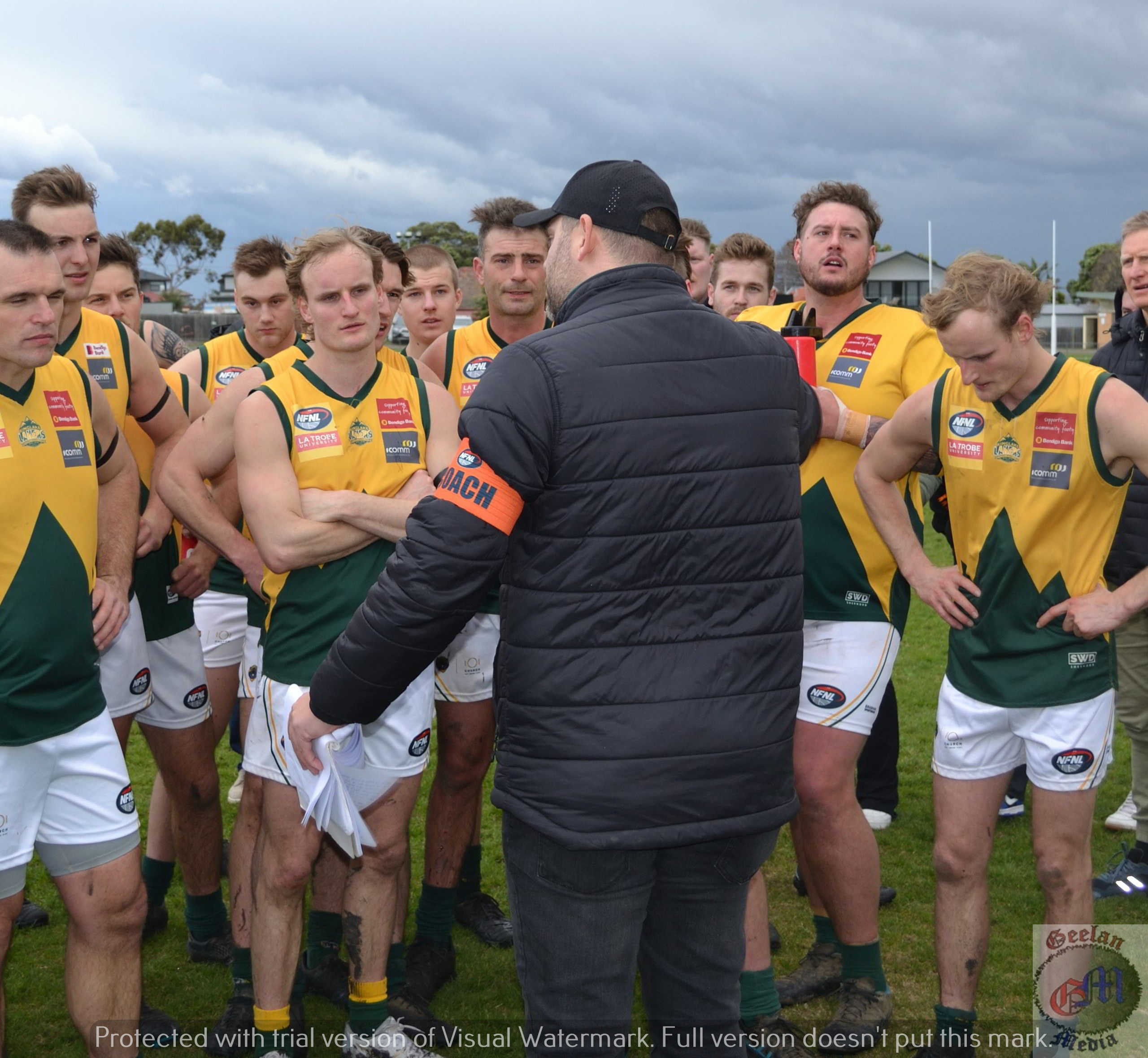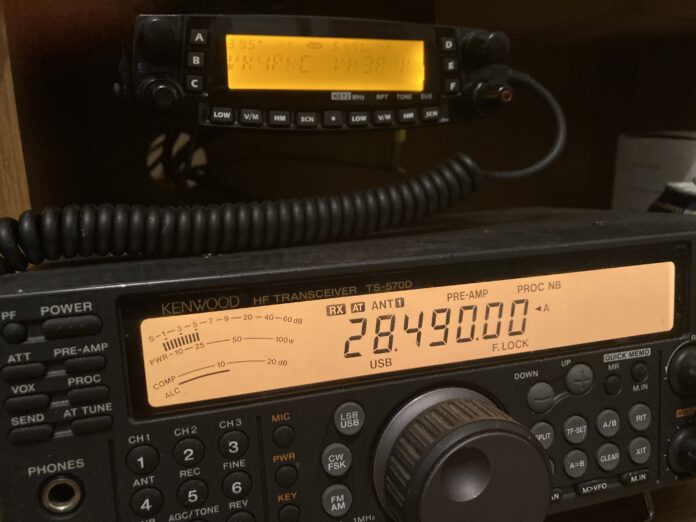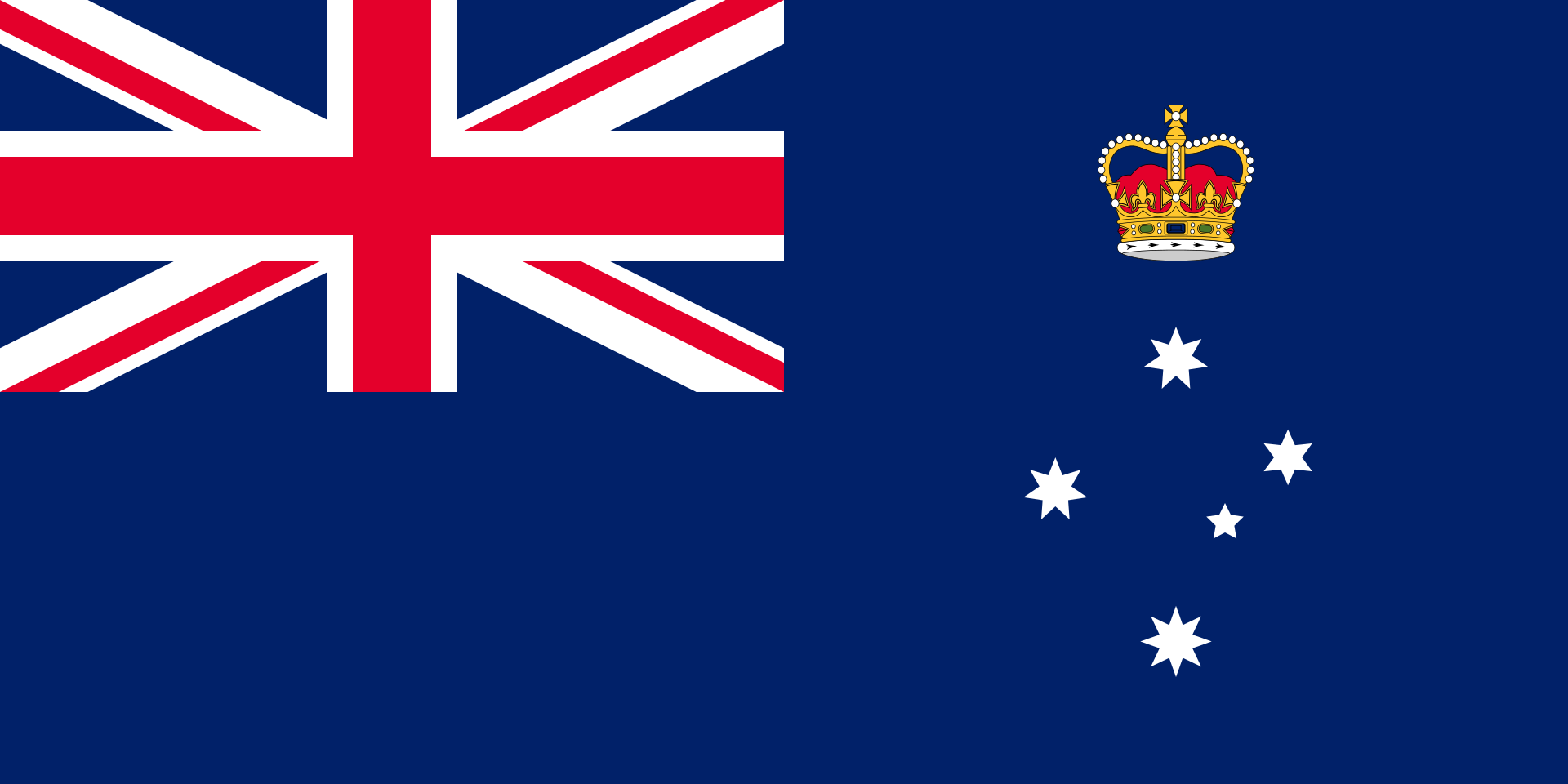The Australian Maritime College (AMC), has decided to not extend its deed for the provision of amateur licensee services beyond February 2024.
According to the Australian Communications and Media Authority (ACMA), AMC’s decision combined with the ACMA’s planned move to class licensing of amateur services will see ACMA “take the opportunity to review how amateur radio qualifications and call signs can be best supported under a class licence framework.”
For some time, AMC managed several functions on behalf of the ACMA, including conducting amateur radio operator exams, issuing qualifications and recommending call signs for successful candidates to the ACMA.
The ACMA proposes an alternative way to deliver amateur radio services.
No longer will deed arrangements be used to provide amateur radio qualifications and call sign recommendations. ACMA has decided to update the amateur radio qualification and call sign framework alongside the class licence implementation, managing some of these services themselves.
ACMA proposes to use the existing network of voluntary assessors previously used by the AMC as accredited assessors under an ACMA-managed scheme which is yet to be determined.
According to ACMA, assessors can conduct theoretical and practical examinations for amateur radio. Qualified and experienced amateur operators will be able to seek ACMA accreditation to conduct amateur radio examinations.
In its press release, ACMA stated it is:
- preparing operational guidelines for accredited assessors;
- developing examination material;
- compiling a list of allocated and available call signs to go the ACMA Register of Radio Communications licencing database.
ACMA will still be responsible for approving amateur radio syllabi.
The new framework keeps the Foundation, Standard and Advanced qualification levels for amateur radio examinations. This aligns with the qualification levels in the proposed class-licensing arrangements.
Under the new arrangements, qualifications will be issued by ACMA staff after an application from a person who has passed an examination. ACMA will continue to be the call sign administrator and issue call signs to amateurs with recognised qualifications.
The arrangements are consistent with the ACMA’s amateur spectrum management obligations under the International Telecommunication Union’s Radio Regulations and the Radiocommunications Act 1992.
The ACMA wants to introduce the new accreditation scheme at the same time as the class licensing arrangements.
At this stage, ACMA expects to consult on the new accreditation scheme in August 2023 and welcomes feedback from Australian (VK) amateur radio operators through the public consultation process.
To prepare for the move to class licensing, ACMA has changed renewal periods for non-assigned amateur licences to 12 months only.
Wireless Institute of Australia (WIA) and Radio Amateur Society Australia (RASA) have been contacted for comment.


























